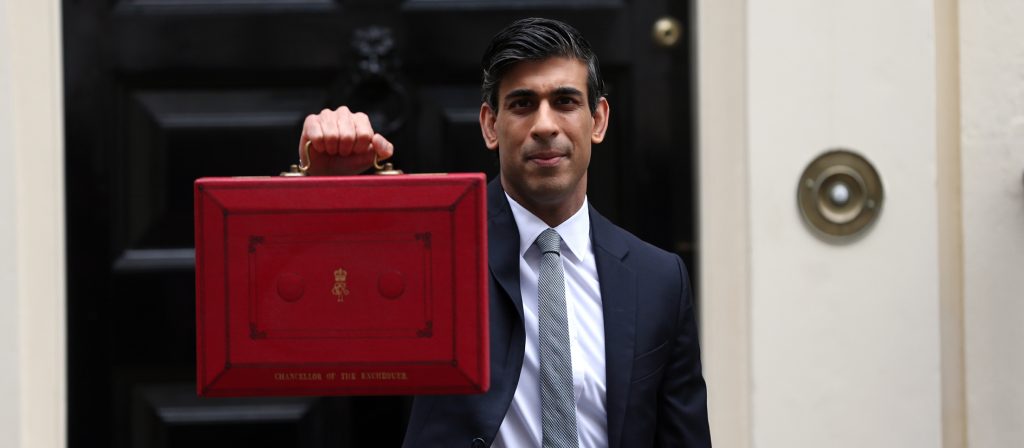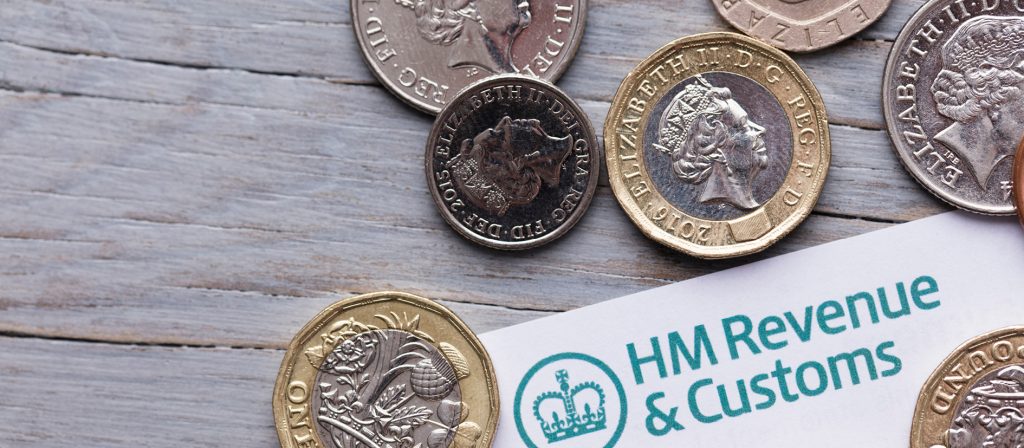Basis period rules among tax changes coming up
The Chancellor looks likely to skip the autumn Budget again

The Chancellor looks likely to skip the autumn Budget again, but among other plans, changes to tax reporting for sole traders and partnerships are already in motion.
Although it looks like the next Budget will be pushed back to spring 2022, several tax changes are already on the cards, some more certain than others. The government’s fast progress with reform of the basis period rules for unincorporated businesses has taken some by surprise.
Basis period rules

The basis of taxation for sole traders and partnerships looks like it will change to a tax year basis from 2023/24 onwards. The government’s plan is to simplify the rules by the time MTD for income tax becomes mandatory. This will not impact on you if you already draw up accounts to 5 April (or 31 March), but for others, 2022/23 will be the transition year.
Example
A partnership prepares accounts for 30 June. The profits assessed for 2022/23 will be those from 1 July 2021 to 5 April 2023 (or 31 March 2023), less any unused overlap profits. For 2023/24, profits assessed will be from 6 April 2023 to 5 April 2024 (or 1 April 2023 to 31 March 2024). Profits for the years ended 30 June 2023 and 2024 will have to be apportioned.
Any unused overlap profits can be offset in 2022/23, although some will find themselves taxed on up to 23 months of profits with little overlap profits to offset. In this case, an election will be possible so that the additional profits are spread over five tax years. The need to apportion profits in future will mean having to estimate figures (with a subsequent amendment) where the second set of accounts is not prepared in time for the 31 January self-assessment deadline.
The simplest solution will be to change to a 5 April (or 31 March) accounting date. Making that change in 2021/22 could be a good option if current profits are low due to Covid-19. Another change already on the cards is the increase to the normal retirement age for registered pensions from 55 to 57 in April 2028, which will be legislated in the Finance Act 2021/22. Less certain is a proposed 1% increase in NICs for the employed and self-employed to fund social care. The Government’s policy paper on basis period reform can be found here.
HICBC discovery assessments deemed invalid
Parents faced with backdated high-income child benefit charge bills could now be due for a refund if they didn’t file a tax return and discovery assessment was used to reclaim the tax. A discovery assessment can be made by HMRC where income, which should have been assessed, has not been assessed for tax purposes. A recent decision in an Upper Tribunal case, however, found that neither child benefit, nor the related charge, is defined as income, thereby restricting HMRC’s use of discovery assessments to collect underpaid tax.

The high-income child benefit charge (HICBC) applies to anyone who receives child benefit when their income, or their partner’s income, exceeds £50,000. Many have been caught out thinking the charge doesn’t apply to them or because they are unaware of their partner’s finances. Individuals who pay tax under PAYE may never have needed to fill in a tax return. However, they are required to do so just to report the HICBC.
The decision

Jason Wilkes owed around £4,200 in unpaid taxes as a result of being subject to the HICBC for the tax years 2014/15 to 2016/17. Crucial to the decision was that Wilkes had not filed returns for these years or been issued with a notice to file. HMRC raised discovery assessments to collect the tax due. However, since no income as such was ‘discovered’, the assessments raised were invalid.
Refunds all around?

The answer, sadly, is no. Discovery assessments are valid if tax returns have been submitted but the HICBC omitted; there is then ‘income’. This will be the case for many taxpayers. It seems unfair that those complying with the law are at a disadvantage to those who have not. However, this is down to HMRC relying on discovery assessments rather than issuing a notice to file tax returns. If you have been required to pay the HICBC for prior years then check to see if you fit the refund criteria: tax returns not filed, with discovery assessments used to collect the tax due. Details of the high-income child benefit charge can be found here.
No room for giveaways in OBR risk report

The Office for Budget Responsibility’s Fiscal Risks Report is focused on three critical future problems including missing revenue from fuel and excise duties following the switch to electric. The Office for Budget Responsibility has given Rishi Sunak its new worry list. It gives the Chancellor little wriggle-room for potential Budget generosity.
Every other year the Office for Budget Responsibility (OBR) must issue a Fiscal Risks Report (FRR). Unlike the six-monthly economic outlooks the OBR produces for Budgets and (theoretically) Spring Statements, the FRR takes a longer view of the UK’s financial position and the risks it faces. Past reports have been, in the OBR’s words, “encyclopedic”, but in 2021, the FRR focused on just three areas:
- Coronavirus (Covid-19) pandemic The OBR says that despite all that has been spent to date, there is an as-yet unfunded need for another £10 billion a year to cover:
-
- NHS programmes such as test and trace, revaccinations and the backlog of 3.5 million elective treatments;
- catch-up schooling for pupils; and ‘
- the holes in the fareboxes’ of the railways and Transport for London created by the collapse in passenger numbers.
- Climate change Although the government has committed to the climate change agenda, the OBR highlights one elephant in the room that would frighten any politician: the loss of revenue from fuel and excise duties in an all-electric world. The OBR says these are worth about 1.5% of Gross Domestic Product (GDP) – £33 billion. In the short term, some of the lost income may be replaced by carbon taxes, but in the long term, the hole will have to be filled.
- Government debt is currently just about equal to one year’s output of the UK economy, against 40% in 1980. However, at present, the net interest the government pays on that debt is less than a quarter of the 1980 bill (as a proportion of GDP). Ultra-low interest rates are the reason, but the corollary is that even only a small rise in rates would increase that cost significantly.
The Chancellor has asked the OBR to work on its next six-monthly report for presentation on 27 October. That might be Budget Day, although many commentators believe Mr Sunak will wait until spring, ditching the Autumn Budget once again. Whether or not that happens, the OBR’s message is that the Chancellor cannot afford any giveaways. You have been warned.